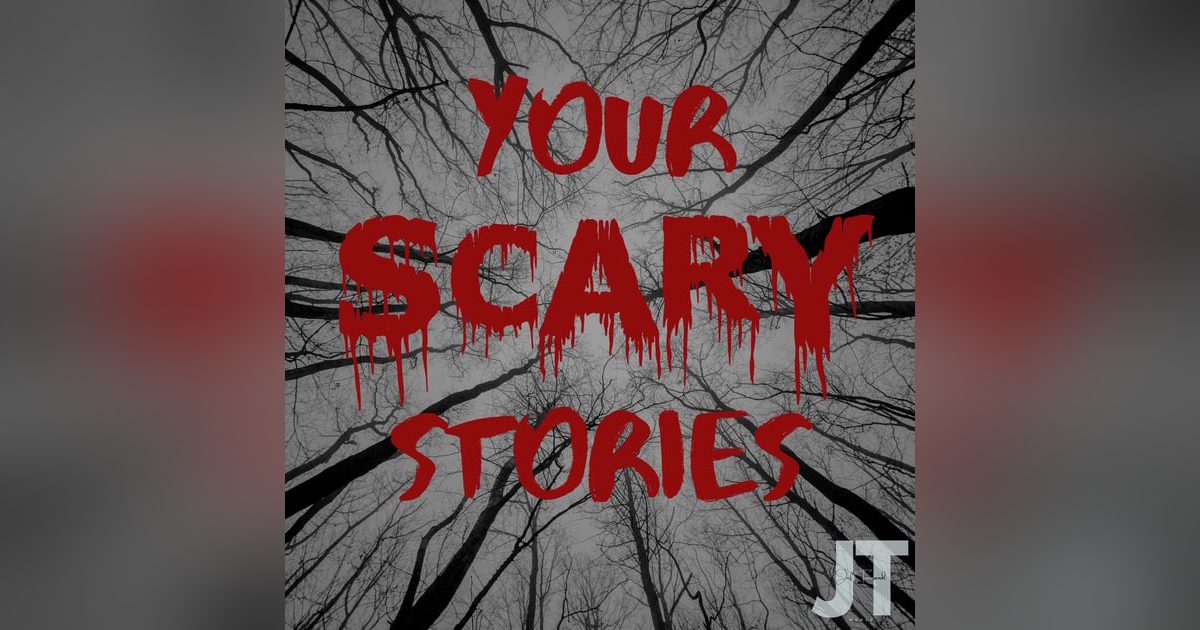This week, we take a look back at a movie celebrating the fortieth anniversary of its theatrical release this coming Saturday, a movie that made a star of its unconventional lead actor, and helped make its director one of a number of exciting female filmmakers to break through in the early part of the decade.
The movie Martha Coolidge's 1983 comedy Valley Girl, starring Nicolas Cage and Deborah Foreman.
----more----
TRANSCRIPT
From Los Angeles, California, the Entertainment Capital of the World, it’s The 80s Movies Podcast. I am your host, Edward Havens. Thank you for listening today.
On this episode, we’re going to be looking back at a movie that will be celebrating the fortieth anniversary of its original theatrical release. A movie that would turn one of its leads into a star, and thrust its director into the mainstream, at least for a short time.
We’re talking about the 1983 Martha Coolidge film Valley Girl, which is celebrating the 40th anniversary of its release this Saturday, with a special screening tonight, Thursday, April 27th 2023, at the Chinese Theatre in Hollywood with its director, doing a Q&A session after the show.
But, as always, before we get to Valley Girl, we head back in time.
A whole eleven months, in fact. To May 1982.
That month, the avant-garde musical genius known as Frank Zappa released his 35th album, Ship Arriving Too Late to Save a Drowning Witch. Released on Zappa’s own Barking Pumpkin record label, Drowning Witch would feature a song he co-wrote with his fourteen year old daughter Moon Unit Zappa. Frank would regularly hear his daughter make fun of the young female mallrats she would encounter throughout her days, and one night, Frank would be noodling around in his home recording studio when inspiration struck. He would head up to Moon’s room, wake her up and bring her down to the studio, asking her to just repeat in that silly Valspeak voice she did all the crazy things she heard being said at parties, bar mitzvahs and the Sherman Oaks Galleria shopping center, which would become famous just a couple months later as the mall where many of the kids from Ridgemont High worked in Amy Heckerling’s breakthrough movie, Fast Times at Ridgemont High. For about an hour, Frank would record Moon spouting off typical valley girl phrases, before he sent her back up to her room to go back to sleep.
In a couple days, Frank Zappa would bring his band, which at the time included guitar virtuoso Steve Vai in his first major musical gig, into the home studio to lay down the music to this weird little song he wrote around his daughter’s vocals.
“Valley Girl” wold not be a celebration of the San Fernando Valley, an area Zappa described as “a most depressing place,” or the way these young ladies presented themselves. Zappa in general hated boring generic repetitive music, but “Valley Girl” would be one of the few songs Zappa would ever write or record that followed a traditional 4/4 time signature.
In the spring of 1982, the influential Los Angeles radio station KROQ would obtain an acetate disc of the song, several weeks before Drowning Witch was to be released on an unsuspecting public. Zappa himself thought it was a hoot the station that had broken such bands as The Cars, Duran Duran, The Police, Talking Heads and U2 was even considering playing his song, but KROQ was his daughter’s favorite radio station, and she was able to persuade the station to play the song during an on-air interview with her.
The kids at home went nuts for the song, demanding the station play it again. And again. And again. Other radio stations across the country started to get calls from their listeners, wanting to hear this song that hadn’t been officially released yet, and Zappa’s record label would rush to get copies out to any radio station that asked for it.
The song would prove to be very popular, become the only single of the forty plus he released during his recording career to become a Top 40 radio hit, peaking at number 32. Ironically, the song would popularize the very cadence it was mocking with teenagers around the country, and the next time Zappa and his band The Mothers of Invention would tour, he would apologize to the Zappa faithful for having created a hit record. "The sad truth,” he would say before going into the song, “is that if one continues to make music year after year, eventually something will be popular. I spent my career fighting against creating marketable art, but this one slipped through the cracks. I promise to do my best never to have this happen again."
As the song was becoming popular in Los Angeles, actor Wayne Crawford and producer Andrew Lane had been working on a screenplay about star-crossed lovers that was meant to be a cheap quickie exploitation film not unlike Zapped! or Porky’s. But after hearing Zappa’s song, the pair would quickly rewrite the lead character, Julie, into a valley girl, and retitle...





